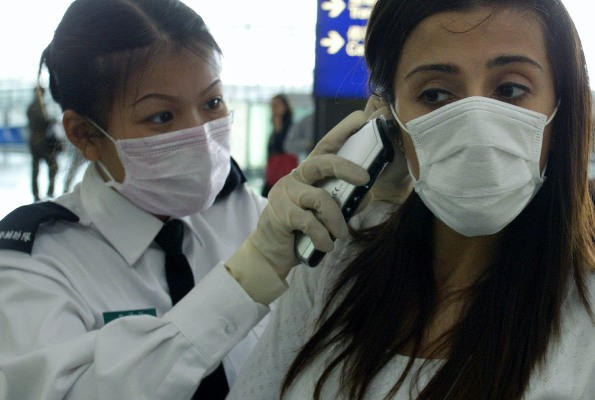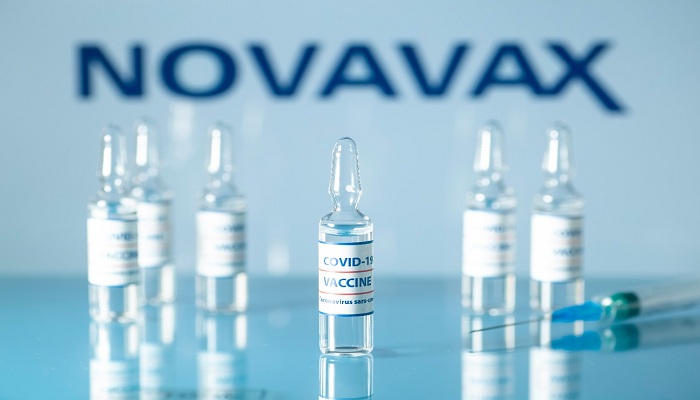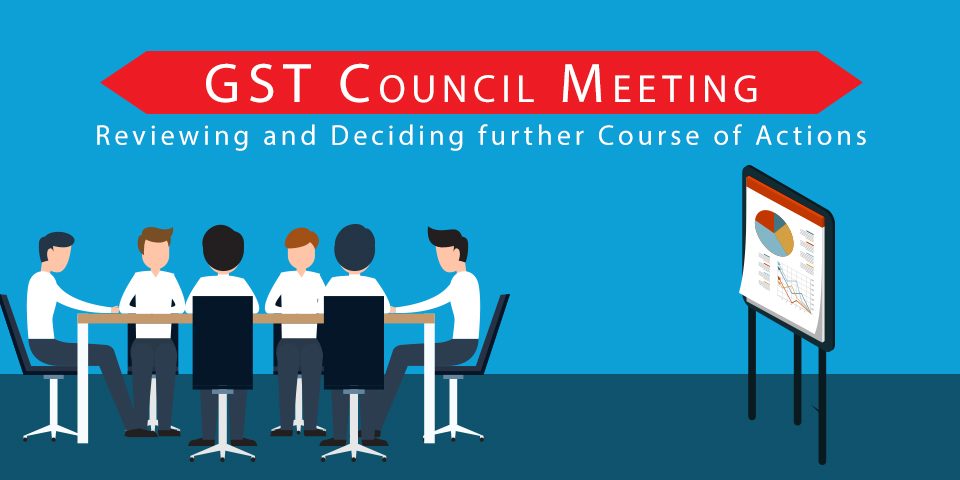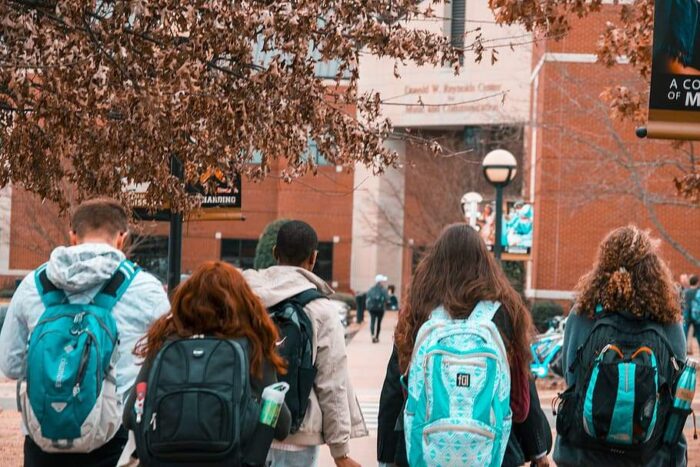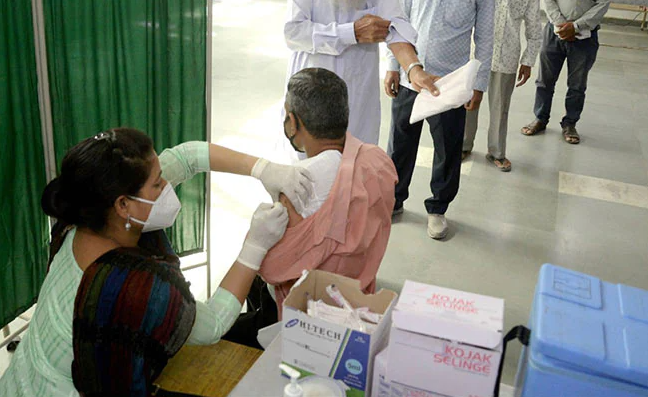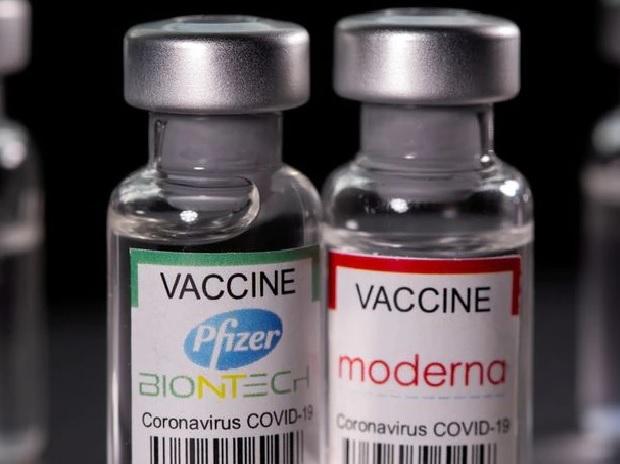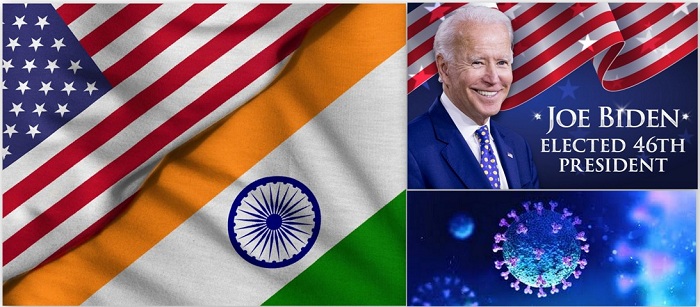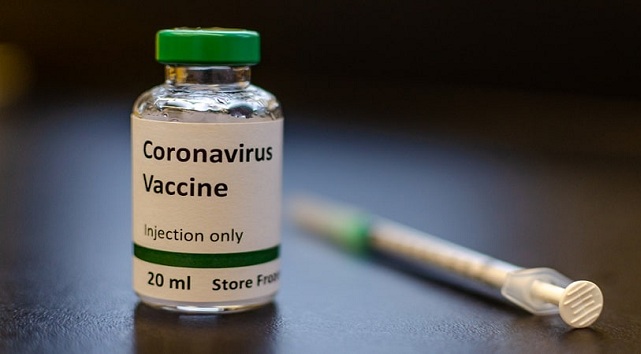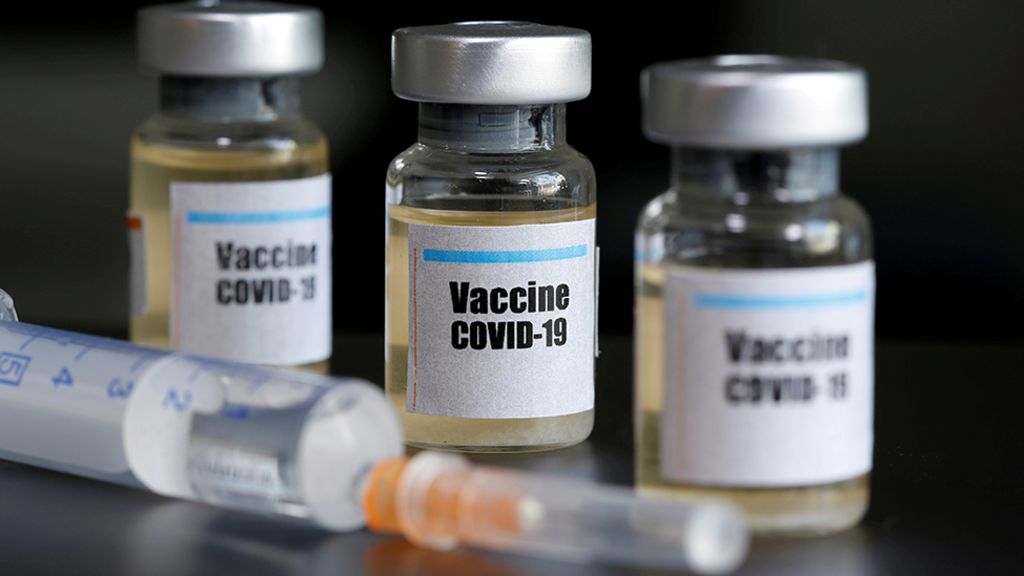Many students of colleges and universities in US have been inoculated with India’s indigenous Covaxin or the Russian-made Sputnik V. Such students have been asked by the colleges and universities to get re-vaccinated with WHO- approved Covid-19 vaccines. More than 400 US colleges and universities had asked students to get vaccinated against Covid-19 ahead of the Autumn semester.
Also See: New mutants of Coronavirus
Rukmini Callimachi reported in The New York Times the case of an Indian student at Columbia University. Milloni Doshi, a 25-year-old student from India is due to start her master’s degree this fall at Columbia University’s School of International and Public Affairs. She has been administered two doses of Covaxin. Columbia University has told her that she will need to be revaccinated with a different vaccine once she arrives on campus.
Doshi wrote via a messaging app, “I am just concerned about taking two different vaccines. They said the application process would be the toughest part of the cycle, but it has really been all of this that has been uncertain and anxiety-inducing.”
Also Read: An uncertain wait for vaccines by India despite a liberalized regulatory framework
Various campuses are proposing different measures for vaccination. The more complicated scenario is if students received a vaccine that has not been approved by the WHO, like Sputnik-V or Covaxin. Many colleges & universities are proposing that those students will need to be revaccinated, which presents both medical and logistical conundrums. This has thrown Indian students into a dilemma, and they are growing frantic. Such students who need to be revaccinated fear if there would be any complications.
No data exists on whether combining vaccines from different companies is safe. That adds to the problem and breeds fear in the minds of the students. Kristen Nordlund, a spokesperson for the Centres for Disease Control and Prevention (CDC) said, “Since Covid-19 vaccines are not interchangeable, the safety and effectiveness of receiving two different Covid-19 vaccines have not been studied.”
Also Read: Indemnity from liability to be granted to vaccine manufacturers like Pfizer and Moderna
Nordlund also has a piece of advice for people vaccinated outside the US with a vaccine not authorised by WHO. He said that such people should wait for a minimum of 28 days before taking the first dose of one of the vaccines sanctioned by Food and Drug Administration (FDA).
American students have access to the Pfizer, Moderna and Johnson & Johnson made Jansen vaccines. These three vaccines out of the total eight have been authorised by the global health body. This is a disparity which could hinder colleges that have made it a major priority to retain international students. It must be noted that international students brought in close to USD 39 billion in tuition fees in the year before the pandemic, according to an analysis.
Terry W Hartle, senior vice president at the American Council on Education said, “Universities want to enroll international students because they add diversity to the campus community and they bring money. It is why this has been a subject of intense discussion.”
The situation is particularly challenging for Indian students. India sends around 200,000 international students to American colleges every year. It is becoming increasingly hard for students to secure an appointment for a vaccine that will be accepted by American campuses.
Sudhanshu Kaushik, who runs the North American Association of Indian Students, which is working to help fellow students, said, “Every day, we get 10 to 15 messages and inquiries, saying ‘What does this mean? How does this impact me?’”
Hannah Buxbaum is Indiana University’s vice president for international affairs. She said that the administrators of the institution are working overtime to answer the roughly 200 phone calls and 300 emails that are pouring in every day from the university’s roughly 6,000 students overseas.
She said, “Ringing off the hook does not begin to describe. There is no question that there is anxiety and concern among our international students.”
Many American universities are only accepting the students who have been vaccinated with a WHO-approved Covid-19 vaccine. Many universities have been vague on how are they planning to deal with the logistical complexity of spacing out these unrelated vaccines, beyond saying that they planned to accommodate students undergoing this process.
Rukmini Callimachi wrote that at least six regional governments in India have announced emergency clinics in the past week to vaccine students going to US universities, in wake of mounting pressure from confused and anxious students.
Meanwhile, the situation for Indian students already present in US is a bit favourable. Hence, many Indian parents are in a rush to send their children for higher education to the United States. This is not only for a degree from a coveted college but also for vaccination against Covid-19. Each state in the US has its own plan for deciding which groups of people will be vaccinated first, as per the website of its national public health agency. Currently, in Alaska and Alabama, individuals aged 16 years and above are eligible for a vaccine, according to the respective state websites.
According to the Connecticut state website, “Beginning April 1st, all individuals 16 years of age and older who live, work, or attend school in Connecticut are eligible to receive a vaccine.”
Delhi-based Harpreet Singh is mother of Ujjawal Singh, 18, who recently got admitted to the Knox College, a Liberal arts college in Galesburg, Illinois. With a sigh of relief, she said, “I am glad to send my child out partly because of the ongoing vaccination drive in the US.” She added, “It seemed safe to send him as all my relatives in Canada and the US and their kids have got the vaccine.”
Addressing the students who aspire to study abroad, Adarsh Khandelwal, director, Collegify said, “For the next two-three years, the availability of vaccines and the medical support system will play an important role in deciding your study abroad plans and possibilities of choosing your location of settling down and studies.”
The unprecedented second wave has put thousands of Indian students who were planning to study abroad in limbo. As the country continues to reel under the second wave of infection with coronavirus, Indian borders are sealed barring some exceptions. Among Indian students, those who want to return to college and have valid visas are allowed to travel to most countries, including the US and the UK, the two most popular destinations for Indian students. But first-timers are struggling to get visas as most embassies are either shut or moving extremely slowly with limited staff.
Abhishek Nakhate, founder and CEO of UK-based educational consultancy Zoom Abroad explained that, the visa process has “become stricter in terms of screening and deciding the genuineness of the student.”
Inaction of GOI on vaccination
Neither Indian government invested in vaccine research, nor did it work to place orders with the global pharmaceutical giants like Pfizer, Moderna, and Johnson & Johnson. BJP, the ruling party at the centre and its ministers were busy with Bihar election last year and with elections in Assam, Kerala, TN, Puducherry and West Bengal this year.
While GOI trumpeted in a hubristic and unsolicited braggadocio that India was in the endgame of the pandemic, the second wave came and rattled the country. Delhi and cities in UP faced an acute crisis of Oxygen. That in turn led many people to steal Oxygen cylinders. Dead bodies were found floating in major rivers without proper cremation and dogs were seen nibbling away whatever they could land their jaws on. BJP-led centre did not invest an ounce of thought on the either the education of the school and college students within the country choked by the lockdowns or the problems faced by Indian students in the US universities.
With India staring into oblivion in terms of vaccination, interest in the US has risen among many parents and students in the country. But, it can be hoped that the situation improves after US president Joe Biden promised of distributing 75% of the excess vaccine doses of US with the world through Covax facility.
Also Read: US President Joe Biden announced vaccine distribution plans; Kamala Harris dialed New Delhi
The most perturbing fact is that the centre did not consider the impact of Covid19 on the students who go to universities around the world, especially when it had not ensured supply of WHO-approved vaccines within the country. Due to the unconcerned and lackadaisical approach of the central government in terms of getting people vaccinated, many Indian students of US universities are now caught between the devil and deep blue sea.
Vaccines approved by WHO under EUL
On December 31, 2020, the Pfizer/BioNtech Comirnaty vaccine was listed for WHO Emergency Use Listing (EUL). On February 16, 2021, the SII/Covishield and AstraZeneca/AZD1222 vaccines (developed by AstraZeneca/Oxford and manufactured by the State Institute of India and SK Bio respectively) were given EUL. On March 12, 2021, the Janssen/Ad26.COV 2.S developed by Johnson & Johnson, was listed for EUL. On April 30, 2021, the Moderna COVID-19 vaccine (mRNA 1273) was listed for EUL and on May 7, 2021 the Sinopharm COVID-19 vaccine was listed for EUL.
(With inputs from The NY times & WHO website)


